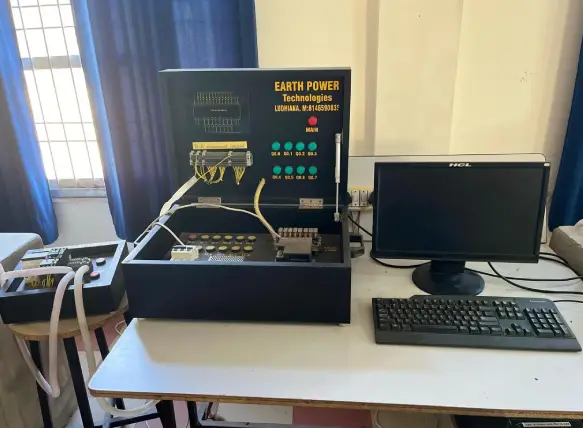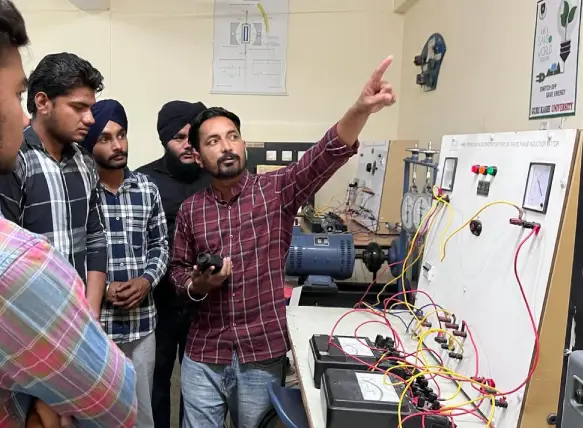
Electrical Machine Lab provides students with hands-on experience with DC/AC machines and transformers. DC machines and transformers are the essential parts of an industry. This lab provides a platform to learn various tests to be conducted to analyze the performance of electrical machines. This lab also offers an opportunity to understand the basic phenomenon of repairing DC machines and transformers.
Power Electronics Lab enables the students to have hands on practice in power semiconductor devices, such as diode, thyristor, triac, GTO, power MOSFET, IGBT and IGCT, DC and AC regulated power supplies, heating and lighting control, power line static VAR compensators, flexible AC transmission (FACT) systems, HVDC systems, photovoltaic (PV) and fuel cell (FC) converters, DC and AC circuit breakers, high frequency heating and energy storage, DC and AC motor drives.
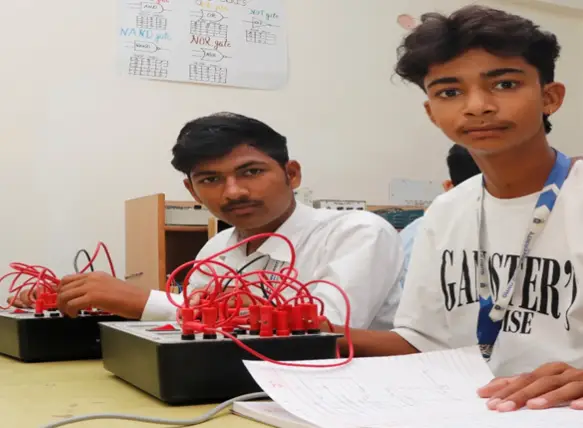
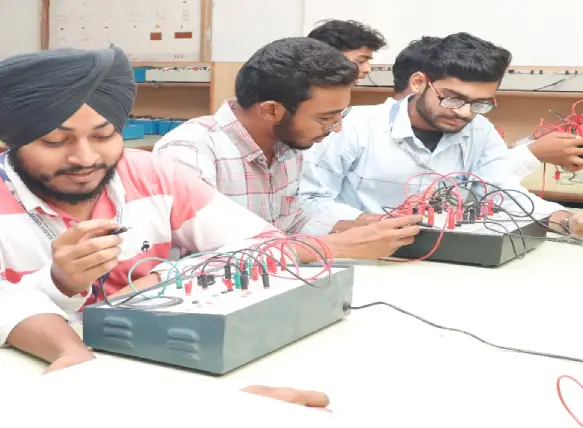
Control System Lab provides students with hands-on experience with performance analysis of control systems under different transient conditions, stability analysis of control systems by using different techniques of stability analysis, speed control of AC servomotor, single-phase universal motor, and DC/AC motor by using open-loop and closed-loop control systems, etc.
Power System Lab provides students with hands-on experience of enhanced control opportunities, real-time testing, parameter evaluation, cause and effect can be established and learn how to apply the theory to a range of practical examples. This lab incorporates hardware as well as software (using MATLAB) experiments.
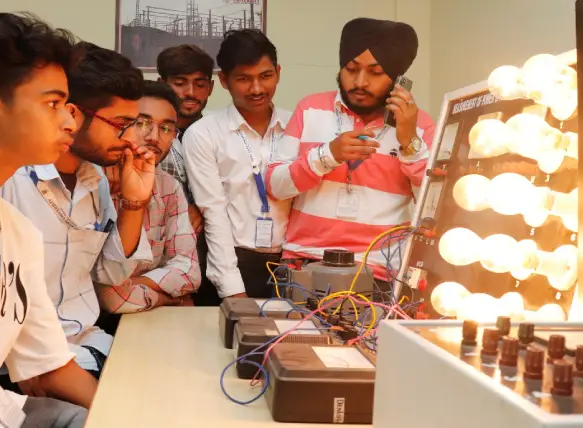
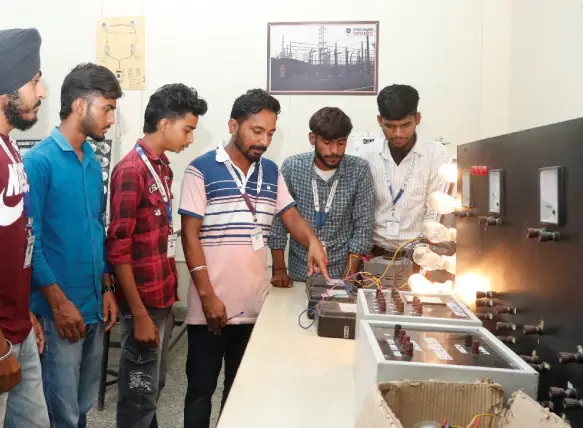
Better understanding of Basic Electrical Engineering principles, theorems, and electrical machines and instruments. All first-year undergraduate college students take an engineering course called "Fundamentals of Electrical and Electronics Engineering," which is conducted in the basic electrical and electronics laboratory. Electronic and electrical equipment are all around us. One of the basic disciplines in engineering is electrical and electronics engineering, which studies the principles of electricity to create machines, gadgets, and systems. For students majoring in electrical and electronics engineering, studying electrical and electronic systems is essential. This lab covers every fundamental gadget that forms the foundation of nearly every electrical and electronic equipment. The basis for what is to be studied throughout the engineering curriculum is established by this lab.
The PLC and automation lab provides the students with hands-on experience and practice of programming. An industrial computer that has been ruggedized and modified for the control of manufacturing processes, such as assembly lines, machines, robotic devices, or any activity that requires high reliability, simplicity of programming, and process fault diagnosis, is known as a programmable logic controller (PLC) or programmable controller.
